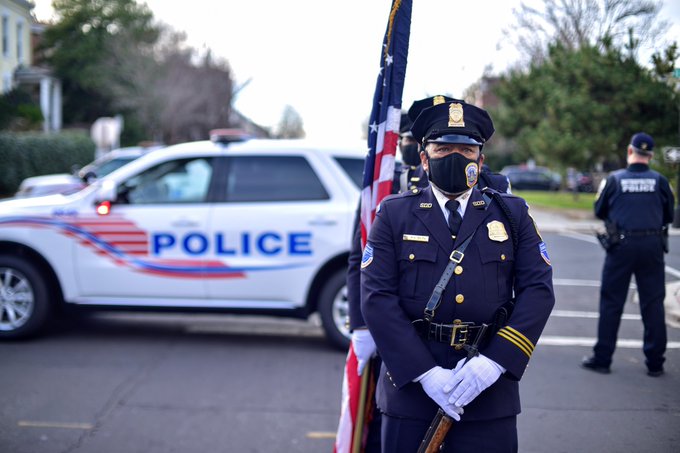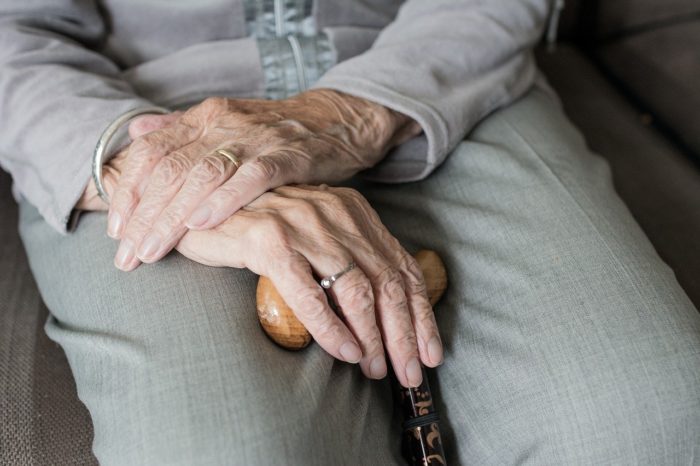In the US, former police cadets have alleged sexual harassment and mistreatment that included being forced to have abortions.
The women have taken a lawsuit against the Washington DC Police Department.
One of those is currently a high-ranking officer in the Department, Assistant Police Chief, Chanel Dickerson.
She told her story of harassment at a community meeting last week, but then she added something not included in her lawsuit: an ultimatum she was given as an 18 year old trainee to get an abortion or risk being fired from the police academy.
“Wow. My choice to have a baby was personal and it should’ve been mine alone and not for an employer ultimatum,” Dickerson said.
News of her admission prompted another officer to come forward with the same allegation.
Karen Arikpo has been with the DC police for 24 years.
She said her sergeant, a woman, told her class of recruits that if any one of them were pregnant they would need to get an abortion or be fired.
“So later that day, I went and told my class sergeant that I was pregnant. And she said I needed to have an abortion and she referred me to a doctor in D.C. to get it done,” Arikpo said.
She later bitterly regretted her decision as she became unable to have children.




















